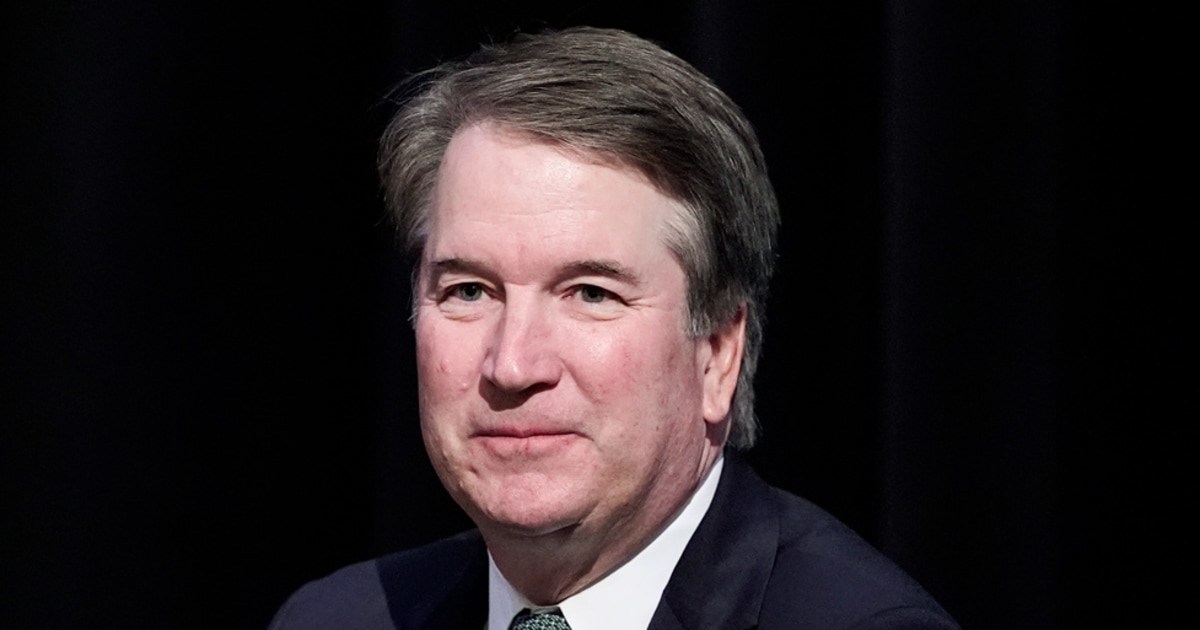Justice Brett Kavanaugh recently offered a robust defense of the Supreme Court’s handling of an increasing number of urgent cases presented by the Trump administration, directly addressing widespread criticism regarding the Court’s expeditious decision-making processes. These cases, often bypassing traditional judicial review, have ignited a significant debate over transparency and due process within the highest echelons of the U.S. legal system.
The focal point of this debate is the Court’s so-called “shadow docket,” an informal term for its emergency calendar. This mechanism allows the justices to rule quickly on requests, often without full briefings, oral arguments, or detailed explanations. Critics argue that this rapid adjudication limits public scrutiny and offers insufficient justification for decisions that can have profound impacts on national policy and individual rights, particularly concerning complex issues.
Since President Donald Trump assumed office, his legal team has frequently leveraged this emergency pathway, seeking swift intervention when lower courts have blocked key executive actions. These actions have spanned a range of controversial policies, including contentious immigration measures and efforts to dismiss federal employees, underscoring the high stakes involved in these expedited rulings.
Despite the criticisms, Kavanaugh emphasized that the Supreme Court approaches these emergency appeals with the utmost seriousness, dedicating significant attention to their merits. He conveyed the Court’s commitment to ensuring that even in urgent circumstances, each case receives the meticulous consideration it warrants, aiming to dispel notions of superficiality.
Kavanaugh acknowledged the profound implications of allowing a president’s policy to take effect while ongoing litigation proceeds, labeling it “not a trivial question.” However, he articulated the Court’s reluctance to issue preliminary assessments that might be mistakenly perceived as the final judicial word on a given issue, highlighting the delicate balance between immediate action and comprehensive legal review.
He pointed to instances where the Supreme Court has indeed engaged in extensive deliberation, including hearing full oral arguments and issuing comprehensive rulings, on matters that initially came before it in an emergency capacity. This underscores the Court’s capacity for thorough review when circumstances demand it, even for cases originating from the emergency docket, providing a contrast to the rapid-fire decisions that often draw public attention.
In a broader context of intense public scrutiny faced by judges, particularly amidst sharp criticism from political figures, Kavanaugh took the opportunity to commend his judicial peers. He underscored their vital role in upholding the rule of law, reinforcing the notion of an independent judiciary as a cornerstone of the democratic framework, regardless of political pressures.






Leave a Reply